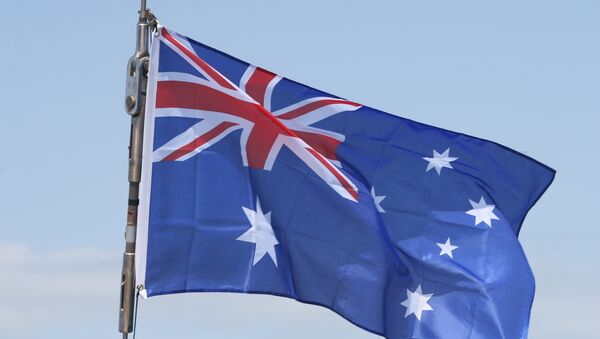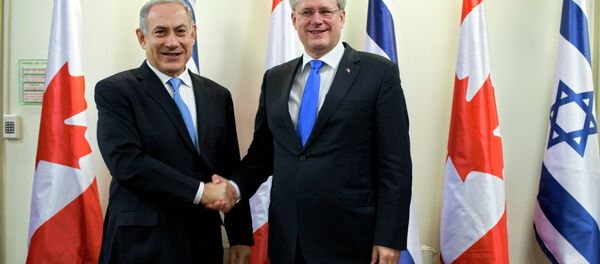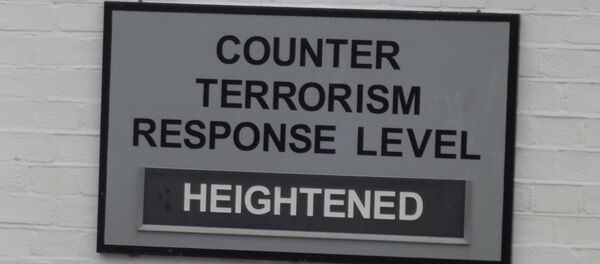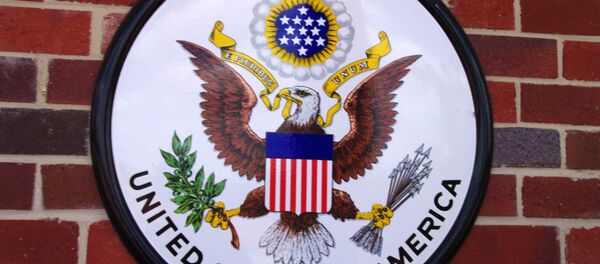The changes to the Citizenship Act — which has been under review by the government since February — would only apply to immigrants who acquired Australian or dual citizenship. If a person who currently held only Australian citizenship was stripped and deported, either their birth country or a third nation would have to be willing to take them.
As it stands, an agreement signed with the United Nations in 1973 prohibited stripping Australian citizens of their nationality — whether born to it or naturalized — so the change would have to renegotiate this UN treaty.
Supporters of the proposal, and of Australia's anti-hate speech laws in general, want to see the country move in the direction of the UK, towards greater restrictions on hate speech as part of a fight against terrorism. Meanwhile, opponents see the trend as a worrying degradation of free speech protections.
"We cannot allow bad people to use our good nature against us," said Prime Minister Tony Abbott about the proposal. And the idea has been gaining some ground, as Dan Tehan, chairman of the Joint Committee on Intelligence and Security, a powerful position in Parliament, has urged the renegotiation of the UN treaty standing in the way of the changes.
Tehan has written opinion pieces publicly calling for the country to take Britain's lead in passing similar, tougher legislation.
— Dan Tehan (@DanTehanWannon) May 15, 2015
Writing in the Herald Sun, Tehan extolled Australian "core values" which he listed as "tolerance, pluralism and peace," which "Australian citizens who join terrorist organisations in order to attack us are seeking to destroy."
In particularly, he cited recent British actions against citizens who go to fight for the Islamic State terror group in Syria or Iraq.
"In 2009, the UK government revoked the citizenship of two people. In 2013, this jumped to eight. However, the government was powerless to act against dozens of foreign fighters who were British citizens but had travelled to Iraq and Syria to fight for Daesh," Tehan wrote.
"So last year the UK introduced new laws allowing the removal of citizenship from these terrorists, while keeping a balance for oversight and review. It is a sensible example for Australia."
At the moment, Australia can strip passports from citizens who go abroad to fight with IS, or are suspected of planning to do so. However, this doesn't bar them from re-entering the country if they are Australian citizens.
— DOAM (@doammuslims) May 13, 2015
The law, however, would not just target those who go abroad.
"Organisations and individuals blatantly spreading discord and division — such as Hizb ut-Tahrir — should not do so with impunity," said Prime Minister Tony Abbott, referring to a pan-Islamic group that advocates for the establishment of a Caliphate.
The group has defended itself against the PM's attacks, writing in The Guardian that they have "operated in Australia for over two decades, legally, without contravening a single law." They suggested that Abbott's proposals were instead a curtailment of democratic dissent and that his "liberal democracy has come full circle and now no one can oppose the ideology or policy of the state."
UN Convention on Statelessness Bars Changes
The timing of Abbott's announcement about the proposed citizenship law changes coincides with the release of a report on the Sydney cafe hostage-taking that inflamed fears of Muslim extremism.
In December Iranian-born refugee Man Haron Monis took control of the Lindt cafe and its customers, two of whom were killed in the ensuing hostage situation. Monis was a self-styled Muslim cleric and the report indicates that, at one point during the situation, he requested an Islamic State flag.
Under the proposed changes, someone like Monis, who came up on law enforcement radar several times before the attack, could be deported.
But the law that stands in the way is the United Nations Convention on the Reduction of Statelessness of 1961, the goal of which was to create a framework to prevent people fleeing war or other individuals from ending up without a country at all.
Other nations, like the UK, negotiated "reservations" with the UN, creating exceptions to the convention to make it easier to punish those who committed, for example, treason. Supporters of the proposal advocate petitioning the UN for a "late reservation" to renegotiate their adherence to the convention.






